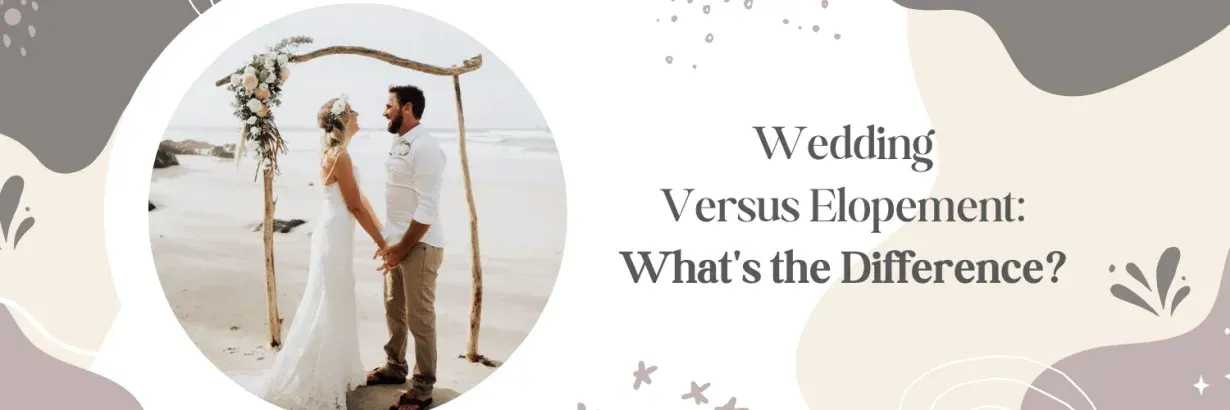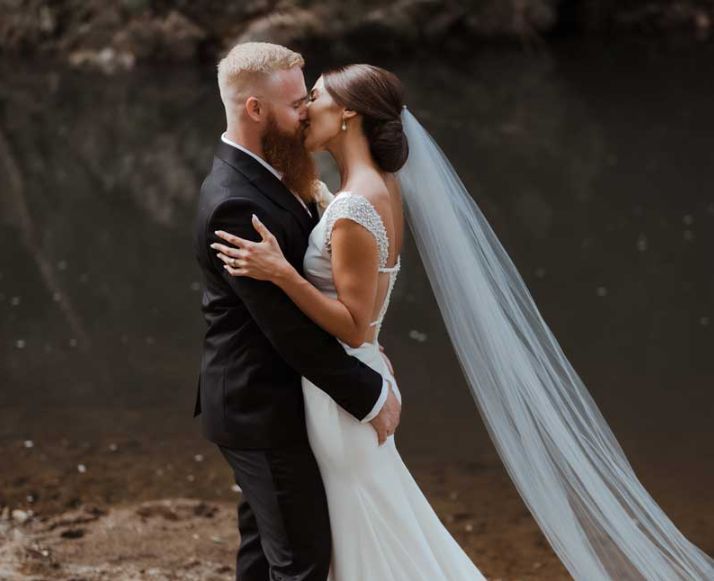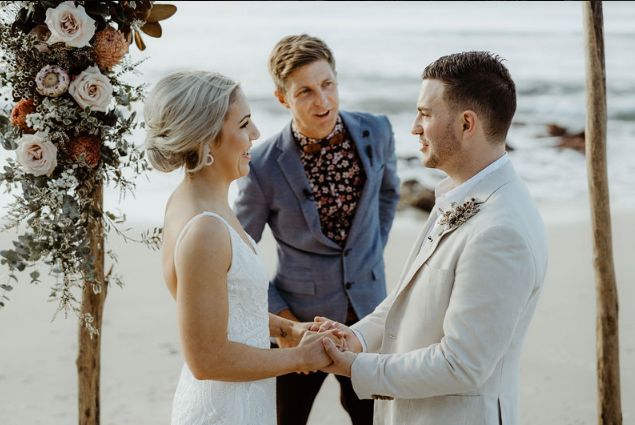
Wedding Versus Elopement: What’s the Difference
Wedding Versus Elopement

When it comes to celebrating love and union, couples are often faced with a choice: a traditional wedding or an elopement. Both options are beautiful and meaningful in their ways, but they cater to different preferences, budgets, and personalities. In this comprehensive guide, we’ll explore the nuances of wedding versus elopement, helping you understand what each entails and which might be the best fit for your special day. Join us on a journey through the intricacies of planning, celebrating, and cherishing these significant life events.
What is a Wedding?

Traditional Weddings Explained
A wedding is often viewed as a traditional ceremony where a couple exchanges vows in the presence of family and friends. It’s a celebration that can vary widely in size, location, and style but typically includes several key elements, such as a ceremony, reception, and various rituals that symbolize the union of the couple.
Planning and Preparation
Planning a wedding involves considerable time and effort. Couples must consider the venue, guest list, catering, entertainment, and more. It’s a process that can take anywhere from several months to a couple of years, depending on the complexity and scale of the event.
The Role of Guests
In traditional weddings, guests play a crucial role. They are there to witness the couple’s commitment to each other and to participate in the celebration. The number of guests can vary dramatically, from a small gathering of close family and friends to a large and lavish affair with hundreds of attendees.
What is an Elopement?

The Essence of Eloping
Elopement has evolved from its original meaning of running away secretly to get married without parental consent. Today, it refers to a small, intimate ceremony where the focus is primarily on the couple. It’s about stripping away the extensive planning, the large guest lists, and, in many cases, the traditional expectations that come with a conventional wedding.
Simplicity and Intimacy
Elopements are characterized by their simplicity, allowing couples to focus on their love for each other without the stress and distraction of a large event. Many choose to elope in a destination that holds special significance to them, adding a layer of personal meaning to the ceremony.
Why Couples Choose to Elope
Couples might choose to elope for many reasons, including the desire for a more personal and intimate experience, budget constraints, or the wish to avoid the complexities and pressures of planning a traditional wedding. Elopements can also reflect a couple’s adventurous spirit, offering the freedom to marry in unique and often remote locations.
Wedding Versus Elopement: Key Differences

Wedding and elopement are two distinct ways of getting married, each with its own characteristics and implications. Here are the key differences between them:
Size and Scope:
- Wedding: Typically involves a larger gathering of family and friends, ranging from tens to hundreds of guests. It often includes various events such as engagement parties, bridal showers, rehearsal dinners, and the ceremony itself.
- Elopement: Involves only the couple getting married, often without any guests present. It’s a more intimate affair and usually doesn’t involve elaborate ceremonies or festivities.
- Wedding: Requires extensive planning, including booking venues, hiring vendors (such as caterers, florists, photographers, and musicians), sending out invitations, and coordinating various aspects of the event.
- Elopement: Generally requires much less planning and preparation. Couples may choose to elope spontaneously or with minimal arrangements, often focusing solely on obtaining the necessary legal documentation and selecting a location.
- Wedding: Can be quite expensive, depending on the scale and extravagance of the event. Costs can include venue rentals, catering, decorations, attire, entertainment, and more.
- Elopement: Tends to be more budget-friendly since it involves fewer expenses. Couples can save money on venue fees, catering, and other traditional wedding costs by opting for a simpler celebration.
- Wedding: Often follows traditional customs and rituals, which can vary based on cultural, religious, or personal preferences. There may be formal attire, vows, exchange of rings, ceremonial readings, and other established practices.
- Elopement: Allows couples to forgo many traditional elements if they choose. They can customize the ceremony according to their preferences or create a completely unique and personal experience.
- Wedding: The focus is on celebrating the union of the couple with their loved ones. It’s a joyous occasion filled with festivities, speeches, dancing, and socializing.
- Elopement: Focuses primarily on the couple and their commitment to each other. The atmosphere tends to be more intimate and romantic, emphasising the moment of exchange of vows and the significance of the occasion for the couple.
Legal Implications:
- Wedding: Involves fulfilling legal requirements for marriage, such as obtaining a marriage license, officiating the ceremony, and signing legal documents in the presence of witnesses.
- Elopement Also requires meeting legal obligations for marriage. Still, the process may be simpler since it typically involves only the couple and a designated officiant or witness, depending on local regulations.
Choose Tina Kristen Weddings for Hair and Makeup
Whichever path you choose,
Tina Kristen Weddings ensures you look and feel your best on your special day. Don’t hesitate to reach out to avail of our expert wedding makeup services for
special events, enhancing your natural beauty as you say ‘I do’ to your forever love.
Contact us today to begin your bridal beauty journey!
FAQs
Q: Can we have a reception after eloping?
A: Absolutely! Many couples have a reception or celebration with family and friends after eloping, offering a way to share their joy and union with their loved ones.
Q: Is it possible to elope and still include our families?
A: Yes, modern elopements often include a handful of close family members or friends. The key is keeping the ceremony intimate and focused on the couple’s wishes.
Q: How long does it take to plan an elopement?
A: The planning timeline for an elopement can vary widely, from a few weeks to several months, depending on the details and location. However, it’s generally shorter than planning a traditional wedding.
Q: Can elopements be personalized?
A: Elopements offer a great deal of flexibility and can be highly personalized. Every element can be tailored to the couple’s preferences and style, from the location to the vows.
